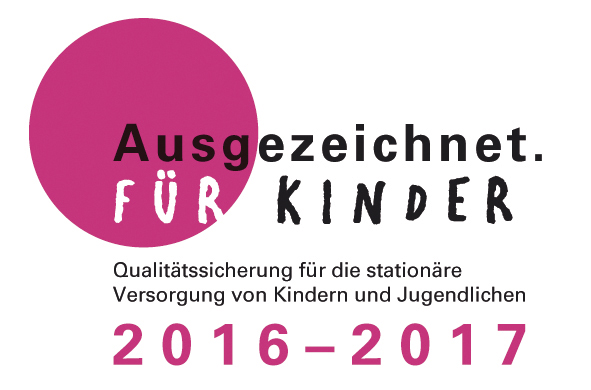In our department are located several trial centres of clinical trials for the german Society for Paediatric Oncology and Haematology. These are
- Trial centre COALL
- HIT-MED Trial centre
- SIOP-CPT-Registry
- National trail centre for HLH-2004 and EURO-HIT-HLH
- Sickle cell anemia
Some patients have the opportunity to participate in experimental therapy studies, e.g. phase I/II-studies.
In the following fields research projects are pursued, partly in cooperation with other institutes.
1. Leukemia
2. Solid tumors and brain tumors
3. Bone marrow transplantation
4. Hemostasis
5. Late effects
Very important ist the collaboration with the Forschungsinstitut Kinderkrebs-Zentrum Hamburg, which was estabished in october 2006 and funded by the Fördergemeinschaft Kinderkrebszentrum Hamburg e.V. The Forschungsinstitut is located in the Leibniz Institute forVirology (LIV) close to our department. On 550 m² are modern laboratories and offices for us available.
The following working groups are established in the Forschungsinstitut Kinderkrebszentrum Hamburg:
1. Transcription regulation in leukemias ( Horstmann research group ); https://kinderkrebs-forschung.de/forschung/leukaemie/
2. Stem cell transplantation and immune therapy ( Müller research group ); https://kinderkrebs-forschung.de/forschung/immuntherapien/
3. Molecular pediatric neurooncology (research for brain tumors ( Schüller research group ); https://kinderkrebs-forschung.de/forschung/hirntumoren/
Furthermore there are the following research projects:
- the role of mutations of the tumorsuppressor genes p53 and RB1 (Retinoblastoma suppressor) for tumor developing in osteosarcoma
- the interaction of mutations in the p53-gene with resistance to cytostatics in neuroblastoma
- Tumor predispositioning syndromes (e.g. in Fanconi-anemia and Nijmwegen-Breakage-Syndrome)
- MRD-diagnostics (Minimale residual disease) in acute leukemias
- biochemical inactivation of the growth factor of leukemia cells asparagin with the medication asparaginase.
- charakterization of a natural IgM-antibody against neuroblastoma cells
In cooperation with the physicians of our department, which are all involved in research projects, there are working 5 scientists, 12 medical-technical assistants und graduate students in laboratories in our department.
Furthermore there are 11 scientists, 6 graduate students and 5 technical assistants at the Forschungsinstitut Kinderkrebs-Zentrum Hamburg.
European Referencenetwork ERN PaedCan
Since 2022 our department is a full member of European Referencenetwork ERN PaedCanERN PaedCan and one of its partner in the research project ERN PaedCan-Y7-Y10.
20. ‚International Symposium on Pediatric Neuro-Oncology‘ and Annual Meeting of the ‚SIOP Europe Brain Tumor Group‘ 2022 in Hamburg
From June 11. – 15., 2022, the ‚20. International Symposium on Pediatric Neuro-Oncology‘ (ISPNO 2022) and the ‚Annual Meeting of the SIOP Europe Brain Tumor Group‘ (SIOPE-BTG) was held in Hamburg.
Both events were co-hosted by the University Medical Center Hamburg-Eppendorf with its Department of Pediatric Hematology and Oncology, and the German Cancer Research Center (DKFZ) Heidelberg with the Hopp Children´s Cancer Center (KiTZ) at the Heidelberg University Hospital. Scientific chairs are Prof. Dr. med. Stefan Rutkowski, Hamburg, and Prof. Dr. med. Stefan Pfister, Heidelberg.
ISPNO is by far the largest international scientific meeting in pediatric neurooncology, which takes place every 2 years and will be held for the first time in Germany. More than 1000 multidisciplinary professionals, active in research, diagnosis, treatment, and rehabilitation of children and adolescents with tumors of the Central Nervous System are expected from all over the world. The most recent cutting-edge preclinical and clinical research from the fields of neurosurgery, neuroradiology, neuropathology, developmental- and tumor biology, radiotherapy, pediatric neuro-oncology, new treatments including immunotherapy, late effects, nursing, palliative care, and rehabilitation will be presented in the scientific program.
Further information is available at
www.ISPNO2022.de
.




